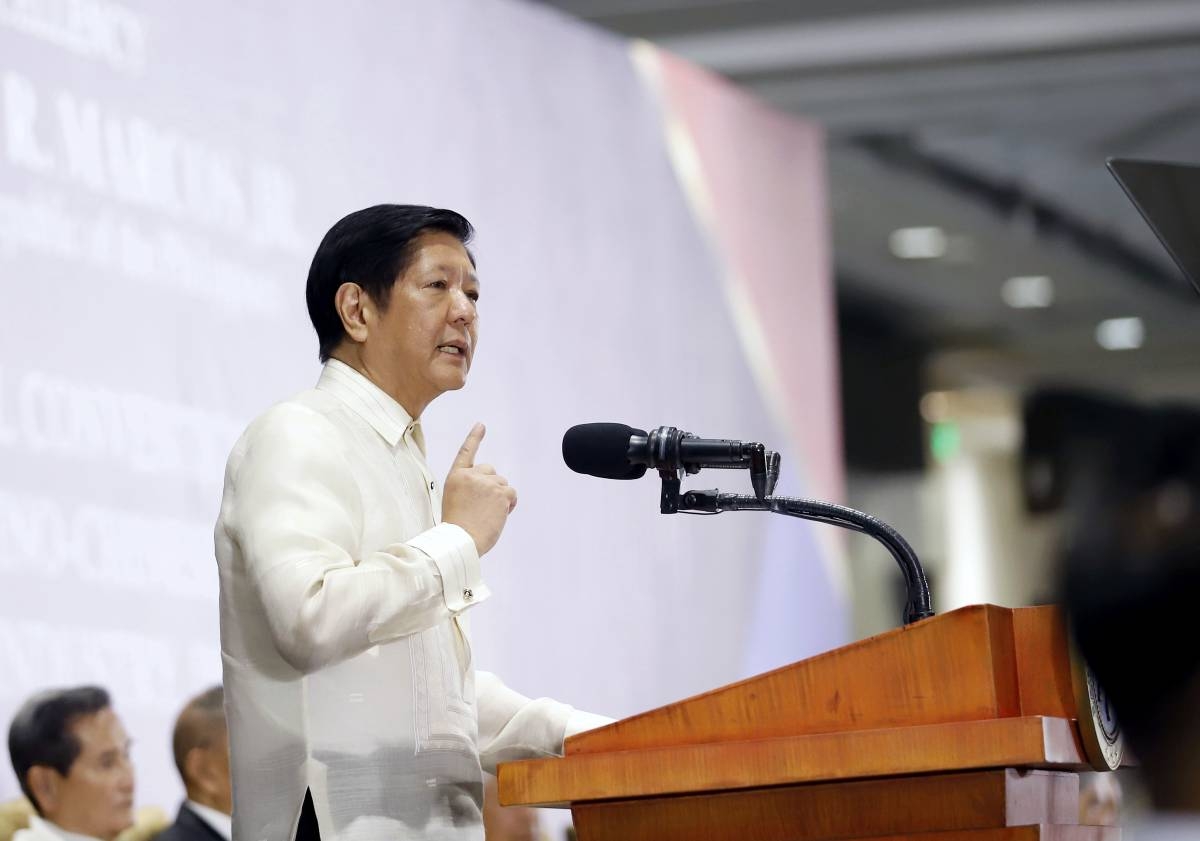President Ferdinand Marcos Jr. has expressed his support for the proposal put forward by the Private Sector Advisory Council (PSAC) to train workers in the information technology (IT) and health sectors and require them to serve a mandatory period of two to three years in the Philippines before being allowed to work abroad. This move aims to address the lack of human resources in these crucial sectors.
During a meeting with the PSAC-Jobs Sector Group in Malacañang, the President emphasized the importance of retaining the talent that is trained in the country. He acknowledged that while it is beneficial for individuals to find employment opportunities abroad, it poses a challenge when the Philippines loses skilled workers who have been trained and certified locally.
In order to tackle the issue of “brain drain” in the health care and IT sectors, President Marcos Jr. supported the PSAC’s proposal. He highlighted the increasing trend of skilled Filipino workers seeking better opportunities abroad, which leaves the country with a shortage of talent to support these industries.
PSAC officials have pointed out that the local labor market in the Philippines cannot compete with the lucrative salaries offered by companies and health care facilities in countries like the United States, United Kingdom, Australia, and Europe. They emphasized the need for continuous training of new workers to meet the demands of these sectors.
Teresita Sy-Coson of SM Investments Corp., representing the PSAC-Jobs sector, suggested that offering certificate programs and skill training can help address the issue. However, she acknowledged that it is difficult to retain workers, even in the digital field, where advanced technology skills are in high demand. She proposed that if workers could be encouraged to stay for at least two years after training, it would be a significant achievement.
PSAC-Jobs also recommended reinforcing President Marcos’ directive to prioritize the development of a coordinated game plan involving the Departments of Health (DoH), Migrant Workers and Foreign Affairs, and the Commission on Higher Education to negotiate with other countries for the hiring of Filipino workers.
PSAC supported the President’s step and urged the mentioned departments to negotiate from a position of strength with foreign governments. They emphasized the importance of supporting DoH’s human resources for health care master plan and suggested prioritizing negotiations with countries such as Canada, the United States, and Australia.
One of the proposals put forward by PSAC is for foreign countries to adopt a hospital or a school in the Philippines and invest in them. This would allow graduates to participate in the country’s labor force and require them to stay in the Philippines for at least two years before seeking employment overseas. Such a scheme, PSAC believes, could help sustain the country’s supply of workers.
In terms of the country’s employment situation, the Philippine Statistics Authority reported that the number of employed Filipinos reached 50.52 million in December 2023, with 0.88 million jobs generated since November 2023. Additionally, the unemployment rate in December 2023 reached its lowest level since April 2005, indicating positive progress in the job market.
President Marcos Jr.’s support for the PSAC’s proposal demonstrates a commitment to addressing the human resource shortage in the IT and health sectors. By implementing measures to retain trained workers and negotiating strategic partnerships with foreign countries, the Philippines can strive towards building a sustainable workforce to support these critical industries.







